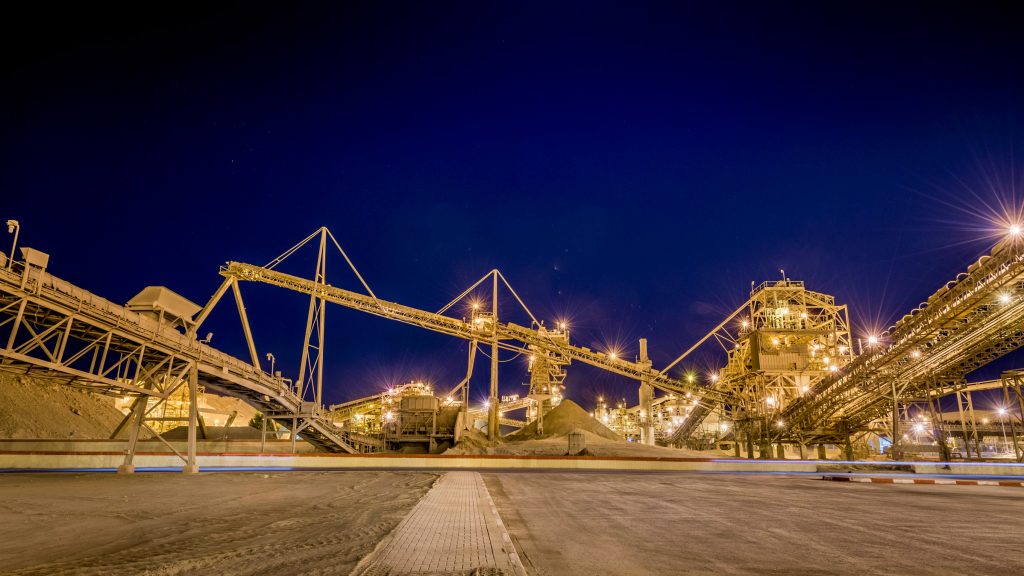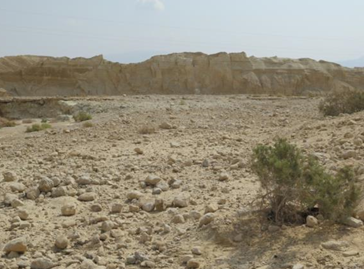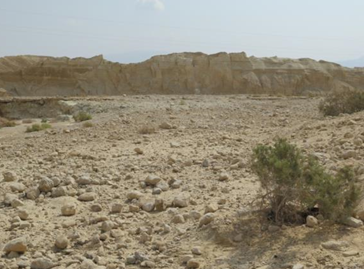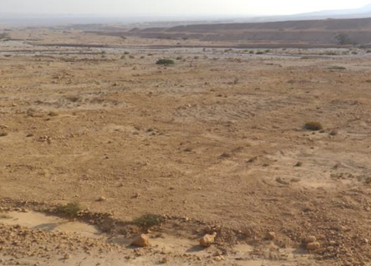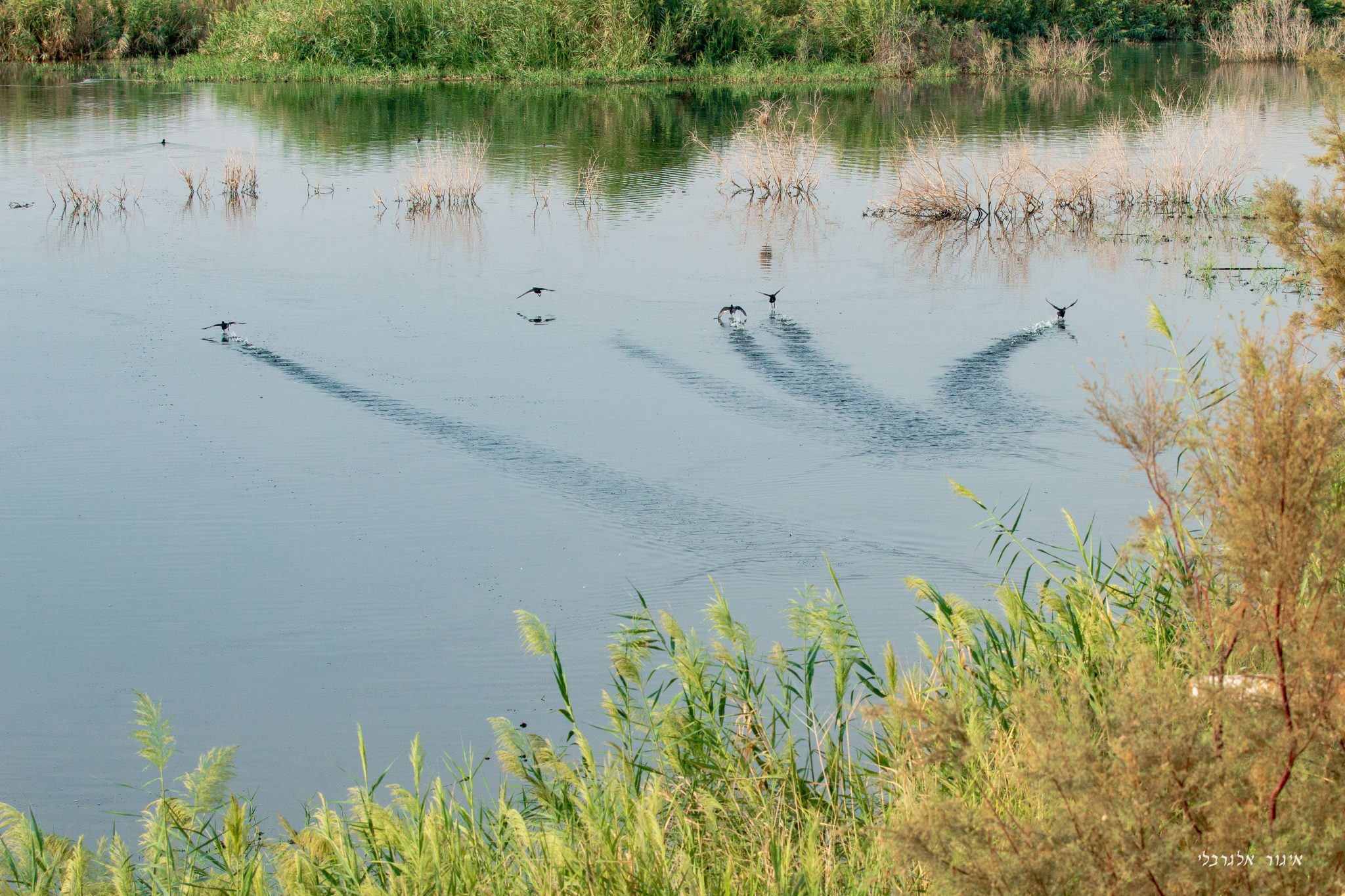"Salt Wall" — Implementing a Circular Economy in Infrastructure
Arava River serves as a natural border between Israel and Jordan in Dead Sea region. Unprotected, the area was prone to vulnerabilities and various threats. For years many intruders exploited the situation, mainly for criminal activity and contraband, or to find work.
Following a status request from the IDF regarding the situation, ICL Dead Sea presented the possibility of erecting a salt wall opposite the border with Jordan. A salt wall would make efficient use of surplus salt that is piled in the area, which is a byproduct of ICL’s production process. It would also act as a barrier that would contribute to security needs in the region.
The salt wall forms a natural and innovative engineering barrier that contributes to Israel’s security, using a salt byproduct that fits the area’s landscape. The wall is about 3 meters high on the Israeli side (above the current level of the dikes). Once the wall is complete, it will extend for 36 kilometers.
The site's engineering staff, and the Israeli Defense Forces (IDF) staff are supervising the project, and the Nature and Parks Authority will approve every stage of it in order to prevent damages to nature.
In addition, we are piloting the use of excess salt as infrastructure for roads in the area.
This is another implementation of circular economy, using salt, a byproduct of the potash industry for erecting a security barrier.



